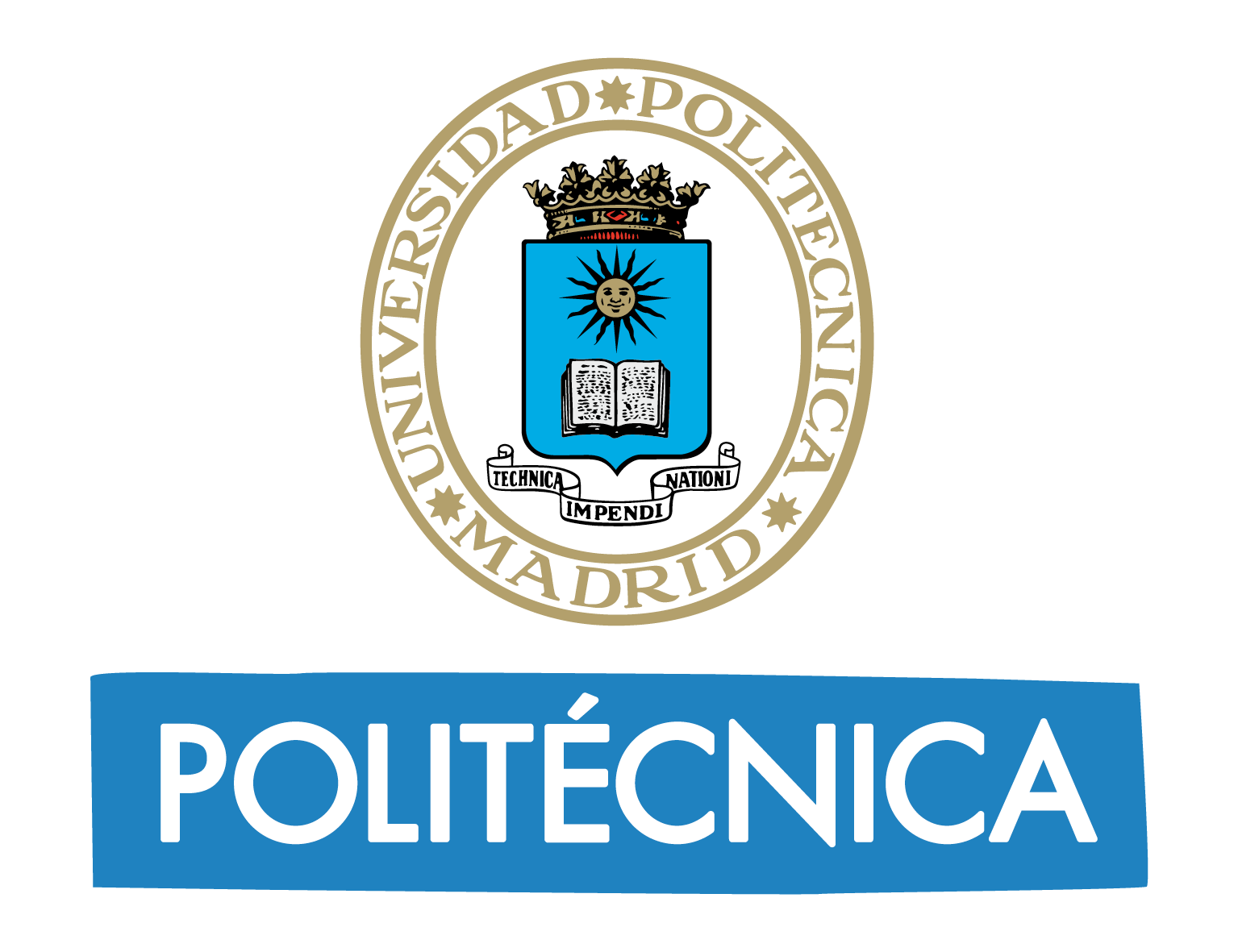Advanced Architectural Projects
| Centre | E.T.S. DE ARQUITECTURA |
|---|---|
| Official Degree | Advanced Architectural Projects |
| Web | https://www.dpaetsam.com/mpaa/ |
| Area | Architecture and Building |
| Modality | On-campus education |
| Credits | 60 ECTS |
| Languages | Spanish |
| Orientation | Academia |
| Places | 25 |
| Contact | Jacobo García-Germán Vázquez (Coordinador del Master) master.proyectos.arquitectura@upm.es |
| Presentation | The Masters in Advanced Architectural Projects (MPAA)is a unique and intensive annual post-graduate program offered by the Architecture Department (DPA) at the Madrid School of Architecture (ETSAM), aimed at graduates in architecture who wish to broaden their critical skills and master knowledge and techniques of research, thinking and production of architectural design in our contemporary cultural and professional context. TheMPAA lays emphasis on these contents, as well as on the underlying connections between argumentation and design, and their areas of overlap, in order to reach an advanced level in project conception and its development. But it also initiates and familiarizes students withacademic research, facilitating their initiation in the teaching of architecture design and, through further academic involvement with the academic resources of the DPA and the ETSAM, their introduction into the PhD Program in Advanced Architectural Design. If historically architecture has been a discipline in a state of systemic transformation – even of crisis since the beginning of the modern era -, today it is no less so, subtly beleaguered by a myriad of alternative theories in continuous configuration or re-configuration. Thus, the MPAA has set itself the objective to identify, describe and analyze the discretized components that affect and determine the contemporary practice of architecture, conceptually and in its production. The assessment and production of architecture today is undoubtedly inscribed in the global context, mediated by communication and dissemination of information, digitalization of technologies, profound transformation of the diverse concepts of habitation, identification of cultural differences, revival of debates that were thought to be exhausted or obsolete, as well as by the fragmentation of models of city, urbanization or landscape. Within this context, the task and expertise of architects have been diluted and simultaneously reconfigured: the architect has become an intermediary figure, a negotiator between several heterogeneous agents, techniques, disciplines and audiences, defined by external interests and disparate languages to which he/she must respond, identifying and adjusting the ways and means of communication. Our goal at the MPAA is to re-locate both professional practice and disciplinary discourses within such contemporary scenarios where technology, design, critical thinking or environmental techniques are subject to continuous reflection, reconsideration and change. The academic purpose is to identify and facilitate the conceptual and productive tools required to address such discourses, answering simultaneously the question of ‘why’ –in order to unveil the underlying reasons- and of ‘how’, to summon up the techniques with which to undertake them. The Masters in Advanced Architectural Projects offers students extensive academic resources and broad experience in training architecture graduates in an ambitious professional profile, combining Critical Practice and Practical Criticism. If Critical Practice emphasizes production based on knowledge and control over the various means available, Practical Criticism reflects and intervenes in discourses around production, dissemination and reception. In order to achieve these goals, the MPAA features a body of professors from the Architecture Department (DPA) at the Madrid School of Architecture (ETSAM) with internationally recognized academic prestige and brilliant professional projection, distinguished by a critical and precise knowledge of the conceptual and productive tools required to perform in the various contemporary scenarios. |
| Interuniversity | No |


